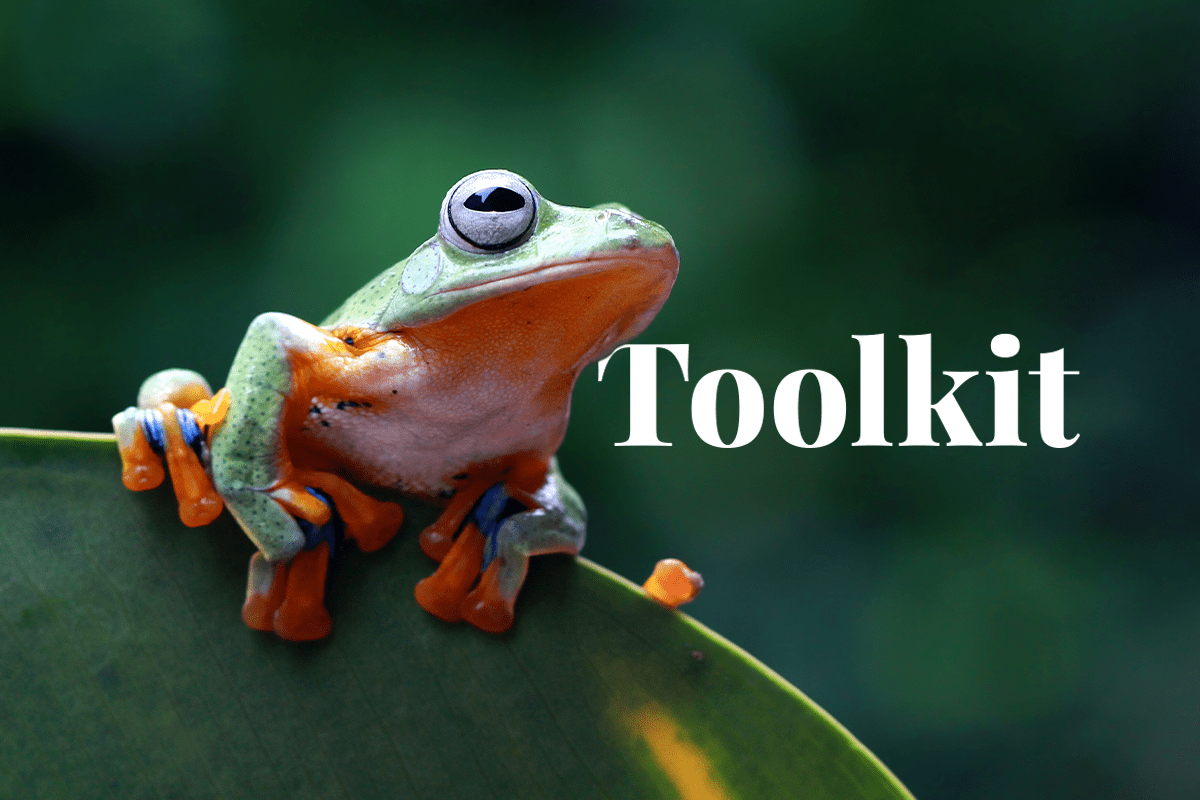In a significant development, Finnish scientists have introduced a pilot project toolkit designed to help companies evaluate their impact on biodiversity, commonly referred to as their ‘biodiversity footprint.’ Collaborating on the project were the University of Jyväskylä, S Group, a customer-owned network of companies in the retail and service sector, and Sitra, a food transport logistics company. The pilot initiative primarily focused on assessing S Group's influence on nature.
 Javan tree frog, Gliding frog (Rhacophorus reinwardtii) sitting on a leaf, Indonesia.
Javan tree frog, Gliding frog (Rhacophorus reinwardtii) sitting on a leaf, Indonesia.
The study revealed that food and fuels were the primary contributors to S Group's biodiversity footprint. Notably, the S Group's global biodiversity footprint predominantly stems from regions outside Finland, including Indonesia, tropical areas, Spain, the Mediterranean, and Brazil. It was observed that regions with higher biodiversity tended to imprint a larger biodiversity footprint.
Highlighting the significance of addressing biodiversity loss, the group emphasised that it is one of the most significant global sustainability challenges. To mitigate the environmental impact of their products and services, companies must first understand the nature of these effects.
Read more: New dataset reveals companies' dependency on nature
Ultimately, the findings will culminate in a freely accessible method for all companies and organisations to assess their impact on nature. Janne Kotiaho, professor of ecology at the University of Jyväskylä, emphasised, ‘Companies already routinely calculate their carbon footprints. This project demonstrates that they can also calculate their biodiversity footprint. A company like S Group, with operations in several different sectors, played a key role in the method’s development.’
To evaluate S Group's biodiversity footprint, the assessment relied on scientific databases and the companies’ consumption records. According to the University of Jyväskylä, this marks the first time a prominent trade group's biodiversity footprint has been assessed.
The indicator used for measuring the biodiversity footprint is the Potentially Disappeared Fraction (PDF) of species, which signifies the proportion of the world's species at risk of extinction. This indicator allows for the international comparison of various corporations' biodiversity footprints.
Nina Elomaa, Senior Vice President of Sustainability at S Group, stressed the need to address climate and biodiversity challenges hand in hand. She highlighted that biodiversity impacts are primarily localised, unlike climate efforts. Elomaa further stressed the importance of strong cooperation between businesses and partners within the same geographic area, as well as the establishment of new cooperation networks to reduce the negative impact on nature.
The development of this methodology bears significance as the global biodiversity framework agreed upon at the 2022 UN Biodiversity Conference in Montreal specified that large transnational companies should disclose their adverse biodiversity impact in the future.
Read more: 5 Sustainable business practices to achieve net zero
Finland is actively developing a national biodiversity strategy and its implementation programme. S Group aims to achieve carbon negativity by 2025 and is committed to reducing its biodiversity impact through initiatives promoting sustainable consumption.
While the method is still undergoing improvements and refinements, it promises to equip the public with effective tools and methodologies to assist companies with measures to prevent biodiversity loss within their value chains.
These biodiversity initiatives prove that biodiversity conservation is heading to the forefront of global sustainability importance. DGB Group is a staunch advocate for nature-based solutions with a strong commitment to biodiversity. Our reforestation, afforestation, and land revitalisation initiatives’ primary goal is to make a significant positive impact on the environment. Moreover, we firmly believe in empowering local communities through sustainable development. By offering a wide array of carbon and biodiversity solutions, we enable businesses, investors, and individuals to actively participate in the preservation of nature. Together, we can create a brighter future for our planet through the power of nature-based solutions.
Join us to make a positive impact on nature

